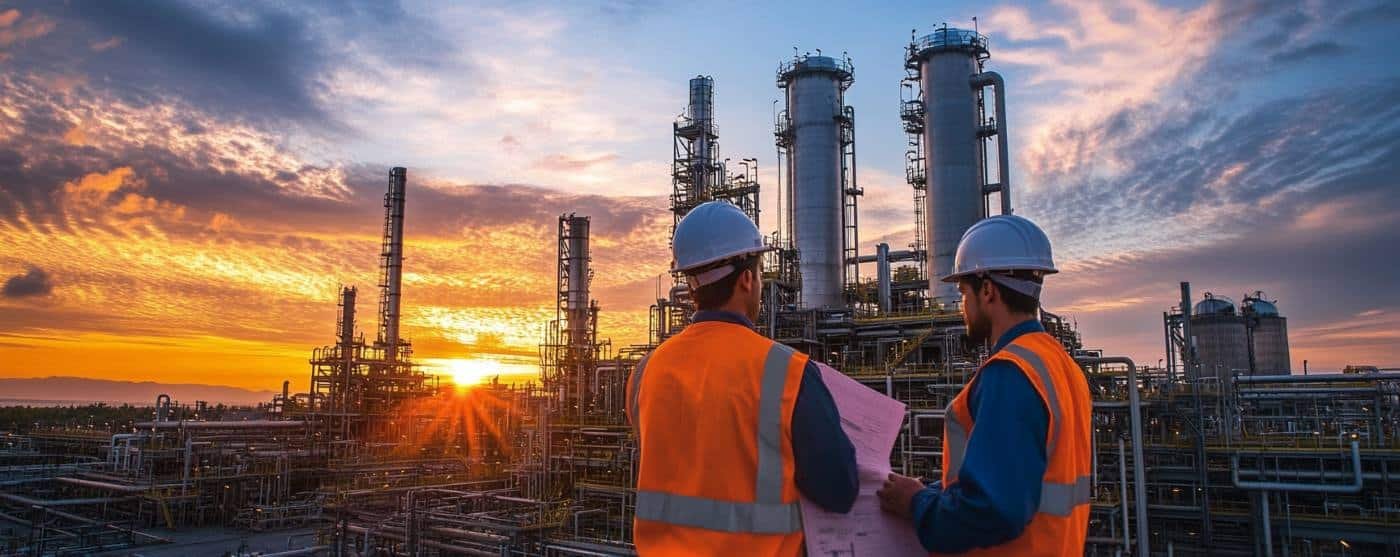
Master of Science in Petroleum Engineering
- Overview
The Master of Science in Petroleum Engineering at UMS is a graduate-level program designed to deepen students’ technical expertise in oil and gas exploration, reservoir evaluation, drilling, and production operations. This program empowers professionals with advanced problem-solving skills and prepares them for leadership roles in the global energy sector.
- Program Objectives
This program is intended for engineers seeking to:
-
Develop advanced competencies in petroleum system design and optimization.
-
Utilize modeling, simulation, and data analysis to evaluate reservoir performance.
-
Conduct research addressing industry-relevant challenges in energy production.
-
Apply best practices in safety, sustainability, and environmental stewardship.
-
Lead interdisciplinary teams in complex oil & gas projects.
-
Prepare for doctoral study or high-level industry roles.
✅ Admission Requirements
Applicants to the Master’s program at UMS must hold:
-
A Bachelor’s degree in Petroleum Engineering or a related field (e.g., Chemical, Mechanical, Geoscience).
-
A minimum GPA as required by the program’s graduate admission policy.
-
Proof of English proficiency (TOEFL, IELTS, or equivalent).
-
Statement of Purpose and academic/professional references.
-
Optional: Industry experience is a plus, but not mandatory.
- Program Structure & Sample Courses
| Category | Example Courses |
|---|---|
| Core Courses | Advanced Reservoir Engineering, Drilling Systems Design, Enhanced Oil Recovery, Petroleum Geomechanics |
| Research & Analysis | Applied Data Science in Petroleum, Reservoir Simulation, Flow Assurance |
| Management & Policy | Energy Economics, Project Management in Oil & Gas, Sustainable Operations |
| Capstone / Thesis | Research Project or Master’s Thesis under faculty supervision |
- Program Duration:
-
1.5 to 2 years (Full-time)
-
Part-time study options may be available
- Research & Applied Learning
The program includes:
-
Access to state-of-the-art petroleum labs and simulation software
-
Applied research projects addressing real-world industry challenges
-
Collaboration with energy companies on field-based studies
-
Participation in technical workshops and academic conferences
- Career Outcomes
Graduates of this program are equipped to advance in roles such as:
-
Senior Reservoir Engineer
-
Drilling Operations Manager
-
Field Development Strategist
-
Technical Advisor in Energy Policy
-
Research & Innovation Specialist
-
Engineering Consultant or Instructor
- Global Relevance
The MSc in Petroleum Engineering from UMS positions graduates to lead in international markets. Whether in upstream field operations or strategic energy consulting, the program emphasizes adaptability, sustainability, and innovation.
- Academic Standards
Delivered by experienced faculty and aligned with global engineering education benchmarks, this program ensures graduates meet the technical, ethical, and leadership demands of the modern petroleum industry.


